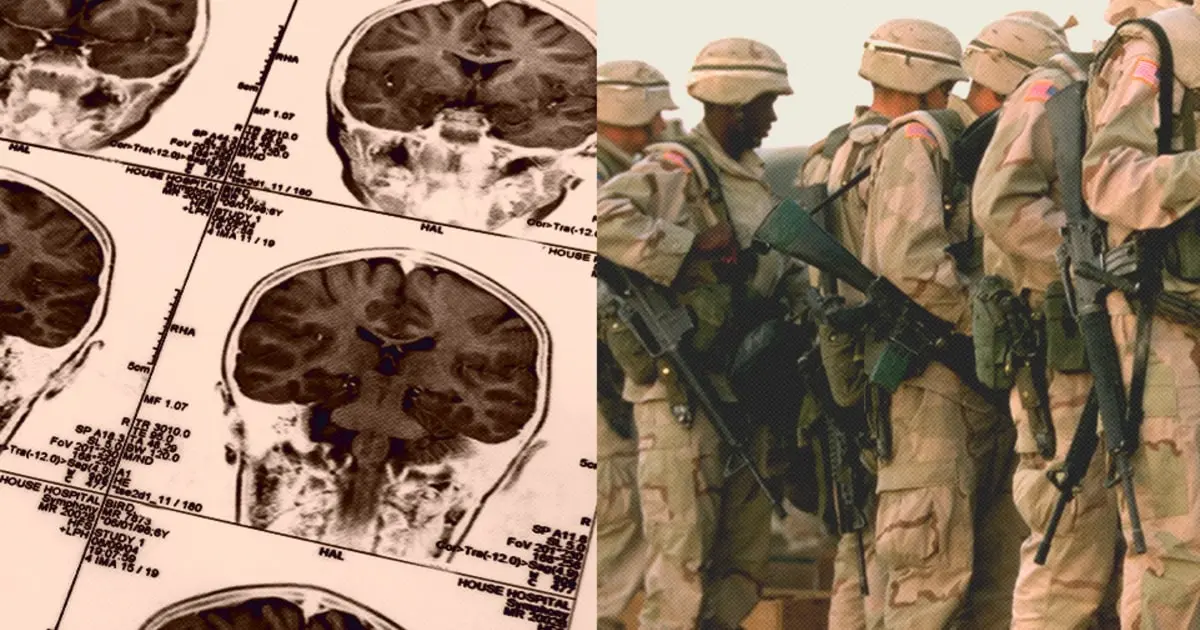“We’re really at an infant stage in terms of our clinical ability to assess traumatic brain injury,” a medical expert said.
Before he ended his life, Ryan Larkin made his family promise to donate his brain to science.
The 29-year-old Navy SEAL was convinced years of exposure to blasts had badly damaged his brain, despite doctors telling him otherwise. He had downloaded dozens of research papers on traumatic brain injury out of frustration that no one was taking him seriously, his father said.
“He knew,” Frank Larkin said. “I’ve grown to understand that he was out to prove that he was hurt, and he wasn’t crazy.”
In 2017, a postmortem study found that Ryan Larkin, a combat medic and instructor who taught SEALs how to breach buildings with explosives, had a pattern of brain scarring unique to service members who’ve endured repeated explosions.



I definitely agree that the issue seems much more pervasive in doctors. Even my brother-in-law, who is about the least confident, most “imposter syndrome prone” person I’ve ever met has changed significantly since he graduated from med school, becoming first confident, then overconfident, so I definitely think it’s a culture issue.
And while my experience with engineers was much more than 50% in the “I’m always right” camp, I am not a practicing engineer and most of my experience is from my time in a ChemE PhD program, so I was definitely seeing a skewed population.